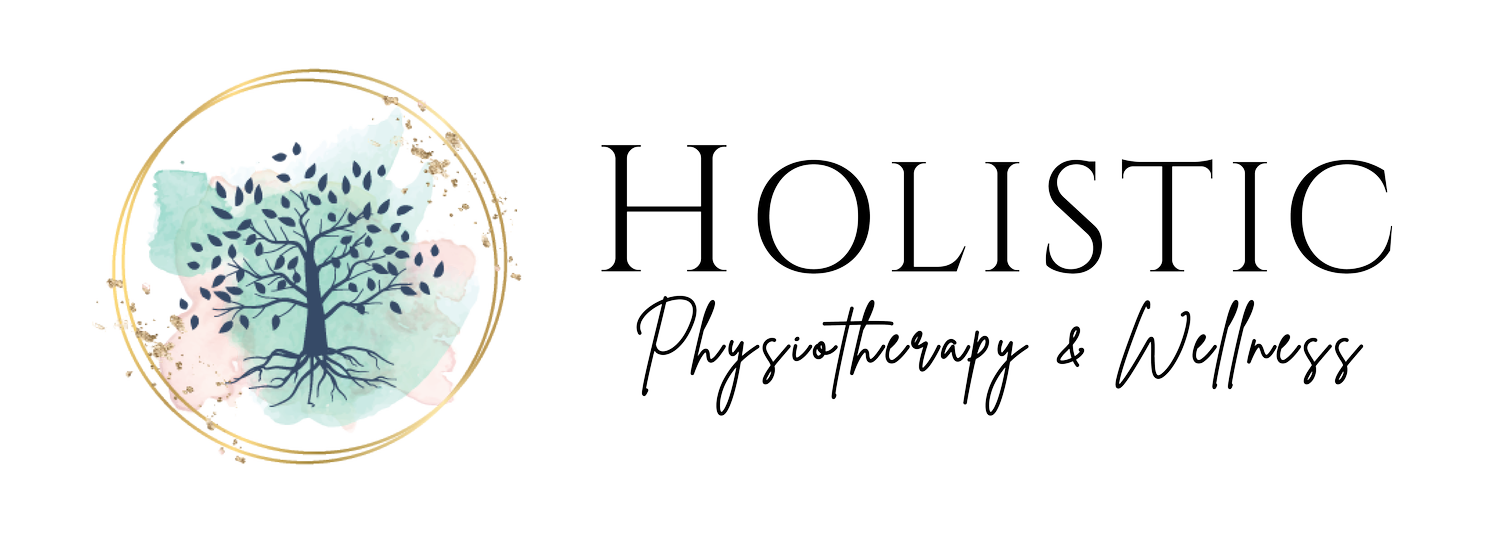Self-care & Massage
Written by Lindsay Olver | Apr 4, 2019
There is a growing body of research suggesting how massage therapy can support mental health. Massage therapy has been used for years and across cultures to evoke feelings of relaxation and well-being.
So why do we often feel so relaxed or sleepy after a massage?
Research has shown that massage therapy significantly alters the biochemistry of the patient immediately following a treatment and over the course of many sessions.
The mood enhancing benefits of massage therapy are most notably due to the decrease in cortisol levels and an increase in parasympathetic nervous system activity.
Cortisol is often known as the "stress hormone" because it is released during times of stress. Normal levels of cortisol are beneficial but if our bodies are producing too much cortisol for too long it can lead to an increase in heart rate, blood pressure, muscle tension, and reduced immune function. A massage treatment helps calm the sympathetic nervous system and reduces cortisol. Saliva tests of patients with chronic pain, depression, and autoimmune disorders showed a decrease in cortisol levels after a massage treatment.
Serotonin and dopamine are released during a massage treatment. These are neurotransmitters responsible for regulating sleep, mood, appetite, muscle contraction, motivation, and how we experience pleasure. In another study, healthcare workers receiving a 15-minute massage showed immediate decreases in job stress, anxiety, and depression with an increase in alertness.
Massage therapy is great to have a part of your self-care plan to keep your physical and mental bodies healthy. It is shown to improve symptoms of anxiety and depression relates conditions, stress, chronic pain, and autoimmune disorders. It can help you improve your overall well-being and resilience against stress and illness.
References
Field, T., Hernandez-Reif, M., Diego, M., Schanberg, S., & Kuhn, C. (2005). Cortisol decreases and serotonin and dopamine increase following massage therapy. International Journal of Neuroscience, 115, 1397-1413.
Lake, J. (2018). Massage therapy for anxiety and stress. Retrieved from https://www.psychologytoday.com/ca/blog/integrative-mental-health-care/201810/massage-therapy-anxiety-and-stress
Lindsay Olver
Registered Massage Therapist
BA Psychology
Registered Yoga Teacher


